What did Plato say about Atlantis:
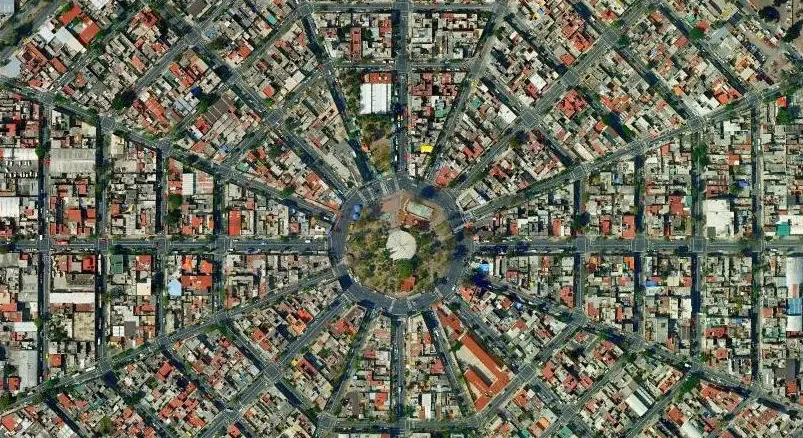
In Plato’s Republic, Socrates and his interlocutors set out to answer a profound question: What is justice? In the course of this inquiry, they imagine an ideal city-state, a utopia ruled by philosopher kings. On the surface, the Republic reads as a work of political philosophy, a blueprint for a perfect society. But a closer look reveals that Plato’s utopia is more than a socio-political thought experiment. It is also a map of the human psyche, an allegory of the inner world.
This psychological dimension becomes clear when we examine the Republic through the lens of depth psychology, particularly the analytical psychology of Carl Jung. From this perspective, Plato’s ideal city emerges as a metaphor for the self, its tripartite structure mirroring the Jungian division of the psyche into conscious and unconscious realms. The just city, governed by reason, becomes an image of the individuated self, in which the ego and the unconscious are integrated under the guidance of the Self.
At the same time, the Republic also discloses the paradoxical nature of the utopian impulse itself. Utopias are not just rational plans for a better world but also mythic expressions of deep-seated human longings and fears. They give form to the perennial wish for a return to a lost wholeness, a resolution of existential anxiety. Yet in doing so, they often end up projecting the very conflicts they seek to transcend. The utopian dream of perfection can all too easily become a totalitarian nightmare.
Thus, the Republic is a text that operates on two levels. As a rational account of the ideal state, it invites us to reflect on the nature of justice, both in the city and in the soul. But as a mythic-symbolic narrative, it also confronts us with the deeper riddles of the human condition. It challenges us to examine the utopian fantasies we project onto the world and to take responsibility for the work of self-knowledge and self-transformation.
In this essay, we will explore both dimensions of Plato’s utopia. First, we will trace the parallels between the Republic’s model of the ideal state and Jung’s model of the psyche. Then we will examine how the Republic, like all utopias, functions as a psychological projection, expressing both the ideals and anxieties of the individual and the collective. Ultimately, we will argue that the true significance of Plato’s utopia lies not in its literal political prescriptions but in its symbolic disclosure of the universal human struggle for meaning and wholeness in a world of uncertainty and shadow.
The City and the Soul: Plato’s Republic as a Jungian Allegory
At the heart of Plato’s Republic lies a vivid analogy between the structure of the ideal city-state and the structure of the human soul. Just as the utopian city is divided into three classes – the rulers, the guardians, and the craftsmen – so too, Plato suggests, the soul is composed of three parts: reason, spirit, and appetite. And just as the just city is one in which each class performs its proper function under the governance of wise rulers, the just and harmonious soul is one in which reason governs the spirited and appetitive elements.
This analogy, as many commentators have noted, prefigures the Freudian distinction between the ego, the superego, and the id. But it finds an even more striking parallel in the Jungian model of the psyche. For Jung, the psyche is divided into two realms: the conscious, centered around the ego, and the unconscious, which contains both the personal shadow (the repressed aspects of the individual) and the collective unconscious (the universal archetypes shared by all humanity).
In this light, Plato’s three classes can be seen as corresponding to different levels of the Jungian psyche. The rational rulers, who contemplate eternal truths, represent the conscious ego in its most developed form. The spirited guardians, who channel aggression into the service of the state, can be seen as the positive aspects of the shadow, the unconscious energies that can be integrated and employed by the ego. And the appetitive craftsmen, concerned with material necessities, correspond to the instinctual drives of the id or the personal unconscious.
But the parallels run deeper. Plato’s ideal of the philosopher king – the ruler who has ascended from the shadowy cave of illusion to the bright realm of truth and who returns to govern wisely – can be seen as an image of the individuated self, the ego that has confronted and integrated the unconscious. This is underscored by Plato’s famous allegory of the cave, which occurs at the heart of the Republic.
The cave, in which prisoners are shackled and take shadows for reality, is a powerful symbol of the unexamined life, the state of unconsciousness in which most people live. The philosopher’s painful ascent from the cave to the light of day represents the process of individuation, the psychological journey from unconscious immersion in the psyche to conscious realization of the self. And the philosopher’s return to the cave to free the prisoners is an image of the individuated ego’s responsibility to integrate the unconscious and to serve as a guide for others.
This psychological reading of the cave allegory is reinforced by Plato’s subsequent images of the divided line and the sun. The divided line, which separates the visible world from the intelligible realm, can be seen as a map of the psyche, with the lower segments representing the unconscious and the higher segments representing increasing levels of consciousness. And the sun, which stands above the divided line as the source of truth and goodness, is a potent symbol of the Self, the organizing center of the psyche that transcends and unites ego and unconscious.
All of these images suggest that, for Plato, the ideal state is not just a socio-political construct but a symbolic representation of the individuated psyche. The Republic’s utopia is a macrocosm of the harmonious soul, its three classes mirroring the dynamic interplay of conscious and unconscious forces within the self. This psychological interpretation is further supported by Plato’s emphasis on education as the key to creating the ideal state. The rigorous training he prescribes for the guardians and philosophers – a process of self-discipline and intellectual ascent that culminates in the apprehension of eternal forms – is essentially a program for individuation, a method for achieving psychic wholeness.
Thus, when Plato has Socrates say that the ideal city is a “pattern laid up in heaven” for the philosopher to contemplate and imitate, he may be suggesting that the true aim of politics is the realization of the self. The just city is not to be found in some external utopia but in the inner world of the individuated psyche. As Socrates remarks, “in heaven, there is laid up a pattern of it, which he who desires may behold, and beholding, may set his own house in order.”
But if the Republic’s utopia is a model for the integrated self, it also reveals the challenges and paradoxes inherent in the process of individuation. The harmony of Plato’s city is bought at the price of a rigid caste system, the suppression of individual desires, and the rule of an elite based on a “noble lie.” Similarly, the path to psychological wholeness is fraught with shadow conflicts, egoic defenses, and the ever-present temptation of self-deception.
Moreover, Plato’s description of the decline of the ideal state into tyranny can be read as a warning about the dangers of failed individuation. When the balance of the psyche is upset, when the shadow overwhelms the ego or the ego identifies too closely with an archetype, the result is psychic disintegration and destructive inflation. The tyrant, in this reading, is the ego possessed by its own unconscious, a monstrous inversion of the philosopher king.
All of this suggests that, for Plato, the utopian impulse is not just a political fantasy but a psychological necessity. The longing for the ideal state is at bottom a longing for the realization of the self, the desire to overcome inner conflict and achieve psychic wholeness. But this utopian drive, like all movements toward individuation, is shadowed by its own opposite – the ever-present possibility of egoic tyranny and psychic fragmentation.
In this light, the Republic emerges as a symbolic atlas of the inner world, a guide to the perils and possibilities of the journey toward selfhood. Its utopian vision is not a literal blueprint for a perfect society but a mythic image of the individuated psyche, the ever-unrealized ideal that guides the process of self-realization. And its political critique is also a psychological one, a warning against the shadow-projections and self-delusions that threaten the integrity of the self.
Thus, to read the Republic as a Jungian allegory is to see it not just as a work of political philosophy but as a map of the soul’s unfolding. It is to recognize that the true “republic” is not to be found in some external utopia but in the inner world of the psyche, and that the real work of “politics” is the ever-unfinished task of individuation. In this sense, Plato’s utopia is not so much a destination as a goad to self-examination, a spur to the ongoing struggle for self-knowledge and self-transformation that is the essence of the philosophical life.
Utopias as Projections of the Psyche
While Plato’s Republic serves as a profound allegory for the structure and development of the individuated self, it is also part of a broader tradition of utopian thought that reflects deep-seated human psychological needs and anxieties. From ancient myths of a Golden Age to modern socio-political fantasies, utopias can be seen as projections of the desires and fears of both their creators and their audiences.
On a fundamental level, utopias give expression to the perennial human dream of a perfect world, one free from the suffering, conflict and injustice that plague our actual existence. They are imaginary realms in which our deepest longings for meaning, wholeness, and harmony are finally satisfied. In this sense, every utopia is a symbolic return to a lost state of primal unity, whether conceived as the Garden of Eden, the Elysian Fields, or the Golden Age.
This nostalgic dimension is evident in utopian works throughout history. Hesiod’s depiction of a golden race who lived as gods, “free from toil and grief,” is an archetypal image of humanity’s prelapsarian bliss. Virgil’s pastoral Arcadia and the Isles of the Blessed in Greek myth also evoke this dream of a world without strife or want. Even the otherworldly realms of the afterlife, whether the Christian Heaven or the Buddhist Pure Land, can be seen as utopian wish-fulfillments, places where the self is made whole and mortal cares are left behind.
But utopias are not just fantasies of regression or escape. They are also critical responses to specific historical discontents and anxieties. Plato’s Republic, as we have seen, is a reaction to the perceived decay of Athens. More’s Utopia satirizes the injustices of Tudor England. Campanella’s City of the Sun, with its astrological government and eugenics, reflects the Renaissance faith in occult knowledge and the perfectibility of man. The utopian socialisms of Fourier and Saint-Simon are attempts to imagine alternatives to the upheavals of the Industrial Revolution. In each case, utopias provide an imaginative counterpoint to the deficiencies of the actual world.
The same is true of dystopias, the “bad places” that are utopia’s shadow. Works like Zamyatin’s We, Huxley’s Brave New World, and Orwell’s 1984 are dark mirrors held up to the totalitarian nightmares of the 20th century. They extrapolate the dehumanizing tendencies of modernity – the regimentation of life, the manipulation of consciousness, the erasure of individuality – to their terrifying conclusions. If utopias express our social hopes, dystopias give voice to our deepest social fears.
But the psychological roots of utopian and dystopian thought go deeper still. At bottom, these imaginary societies are not just critiques of particular historical conditions but of the existential limitations of the human condition itself. Every utopia is, in some sense, an attempt to escape from mortality, contingency, and the ambivalence of embodied existence. The perfectly ordered society is one in which the fundamental anxieties of the human creature – the fear of death, the search for meaning, the longing for permanence amidst ceaseless change – are somehow resolved.
We see this clearly in Plato’s Republic. Its rigidly stratified caste system promises to arrest the flux of social life. Its wise philosopher kings provide an antidote to the uncertainty and meaninglessness of human existence. Its vision of the philosophical ascent from the shadowy cave of appearances to the bright realm of eternal forms offers the hope of liberation from the prison of mortal flesh. Like all utopias, the Republic is not just a socio-political blueprint but a symbolic construct, a mythic-religious answer to the riddle of the human condition.
And yet, there is something deeply paradoxical about this utopian promise of redemption. For in seeking to escape the limitations of human existence, utopias often end up reproducing them in exaggerated form. The attempt to create a perfect society inevitably founders on the intractable realities of human nature.
We see this in the totalitarian dystopias of the 20th century, which began as utopian dreams of human emancipation and ended in the nightmares of the gulag and the concentration camp. We see it in the way that utopian communities, from the Oneida Colony to the kibbutzim, tend to founder on the rocks of human conflict and desire. And we see it in the paradoxes of Plato’s Republic itself – in the way that its pursuit of perfect justice leads to a stultifying uniformity, its elevation of reason breeds a new kind of irrationality, and its promise of philosophical liberation conceals a deeper spiritual bondage.
These failures suggest that there is something fundamentally misguided about the utopian project. In seeking to escape the human condition, utopias often magnify its contradictions. They offer an illusory resolution of psychic conflicts that can only be worked through, not wished away.
In this sense, utopias are like neurotic fantasies writ large. They are collective dreams that promise an imaginary wholeness, but at the price of a more profound fragmentation. Just as the neurotic symptom unconsciously perpetuates the psychic conflict it seeks to resolve, so the utopian society enacts the very alienation it tries to overcome.
Seen from this angle, the utopian impulse is an expression of what Jung called the shadow – the repressed, unconscious aspects of the psyche. Utopias give form to our deepest desires and fears, but in a way that often says more about what we cannot accept about the human condition than what we hope for. They are complex projections in which unacknowledged psychic content is externalized and enacted on the stage of an imaginary world.
This is why, for all their explicit claims to rationality, utopias so often have a dreamlike, hallucinatory quality. They are landscapes of the unconscious, symbolic topographies of the soul. To read them literally, as social blueprints or political manifestos, is to miss their deeper psychological meaning.
From this perspective, the value of utopias and dystopias lies not in their practical prescriptions but in their diagnostic revelations. They are like collective Rorschach tests, giving us insight into the hidden fears and longings of an age. By approaching them not as rational plans but as symbolic symptoms, we can learn much about the psychic economy of a culture – and about the perennial existential dilemmas of the human condition.
This is certainly true of Plato’s Republic. For all its metaphysical brilliance and political provocations, its enduring significance may lie in what it reveals about the dialectic of desire and dread, hope and anxiety, that animates the utopian imagination. In its luminous images and disturbing shadows, we can discern the outlines of the psyche’s deepest structures and dynamics – the interplay of conscious and unconscious, the tension between the longing for transcendence and the limits of embodiment, the inescapable necessity of coming to terms with finitude and uncertainty.
In the end, then, the Republic and the utopian tradition it inaugurated may be most valuable as spurs to psychological reflection. They challenge us to confront the hidden desires and fears that shape our social and existential imaginings, to grapple with the complex projections we cast onto the world. In this way, they invite us to take up the never-ending work of self-examination and self-transformation that is the true meaning of the examined life.
By reading these utopias as allegories of the psyche, we are called to undertake the real labor of soul-making – not in some abstract ideal realm, but in the depths of the human heart. We are challenged to confront our shadows, to question our fantasies of perfection, and to take responsibility for the ongoing work of psychic growth and integration. This, perhaps, is the deepest lesson of the utopian tradition – and the true ideal to which it summons us.

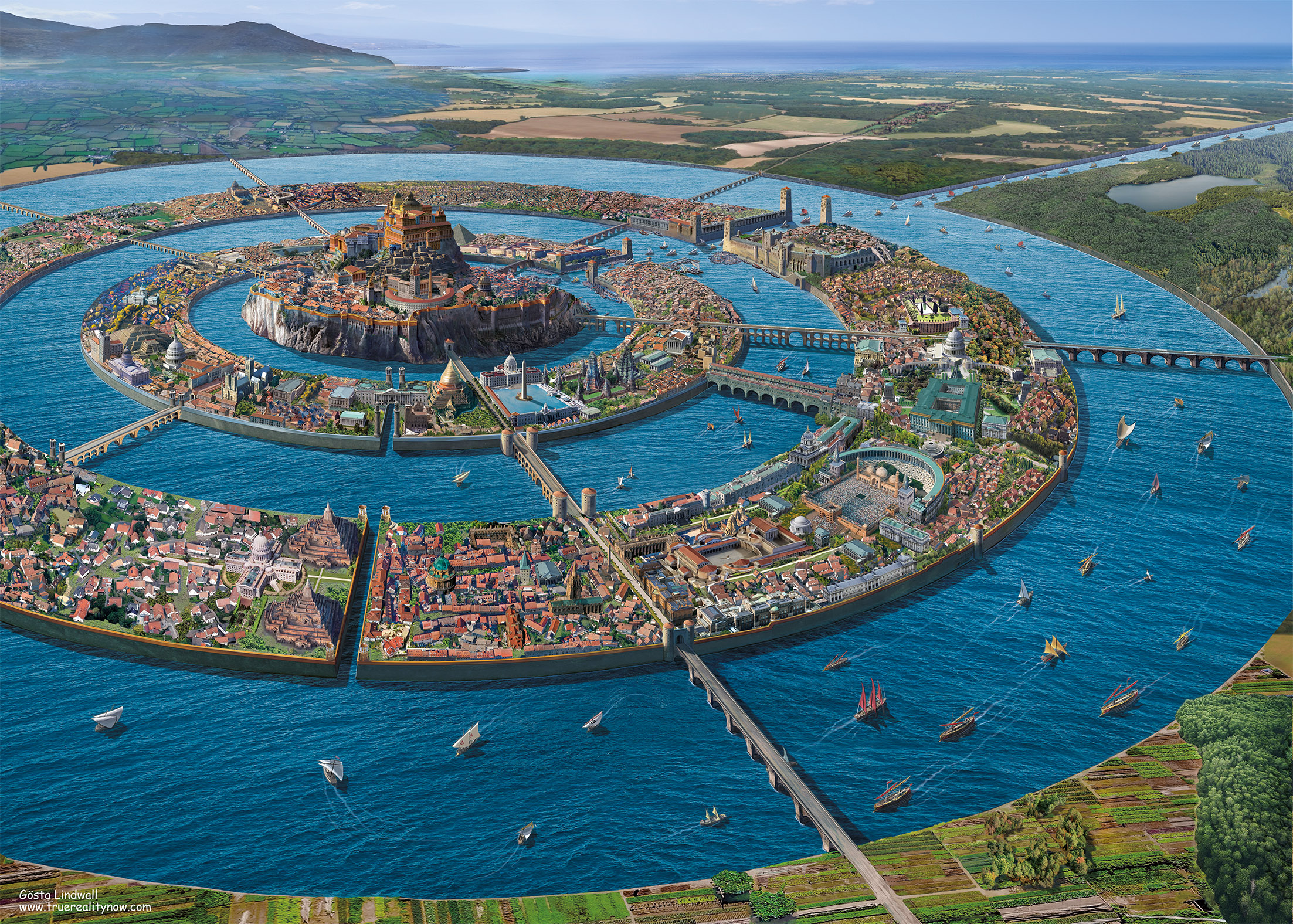
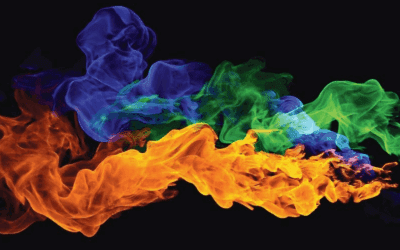
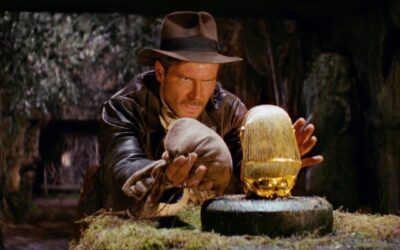
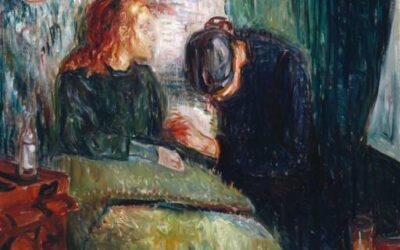

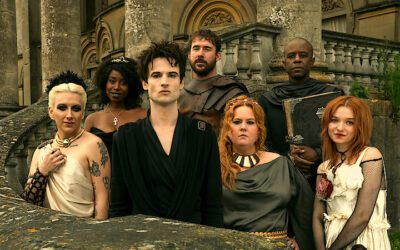
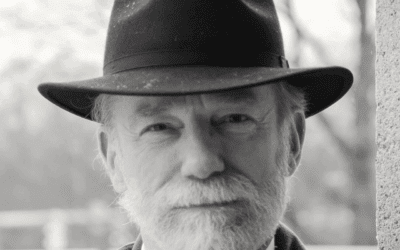
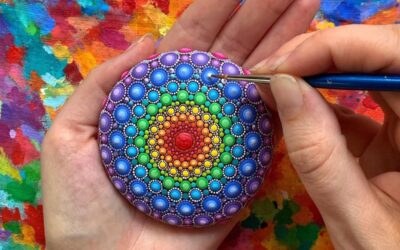
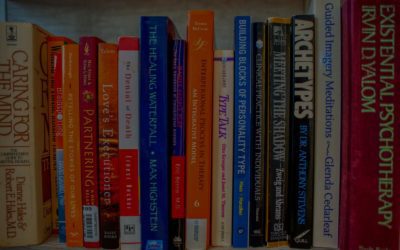
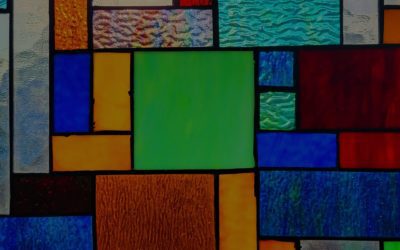

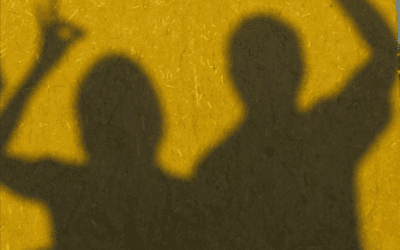
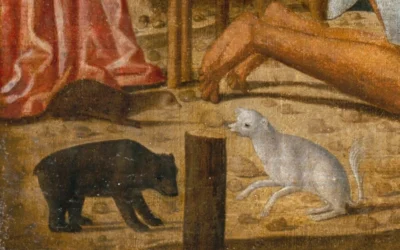
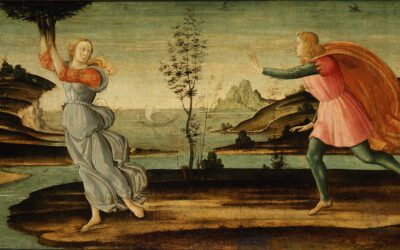


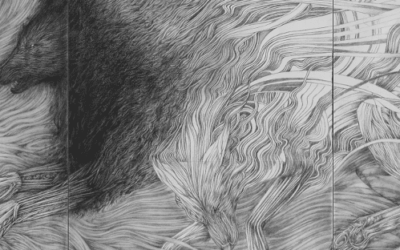



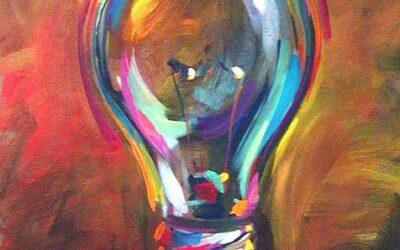



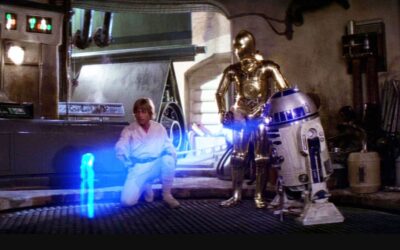
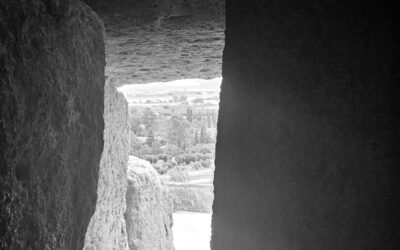
0 Comments